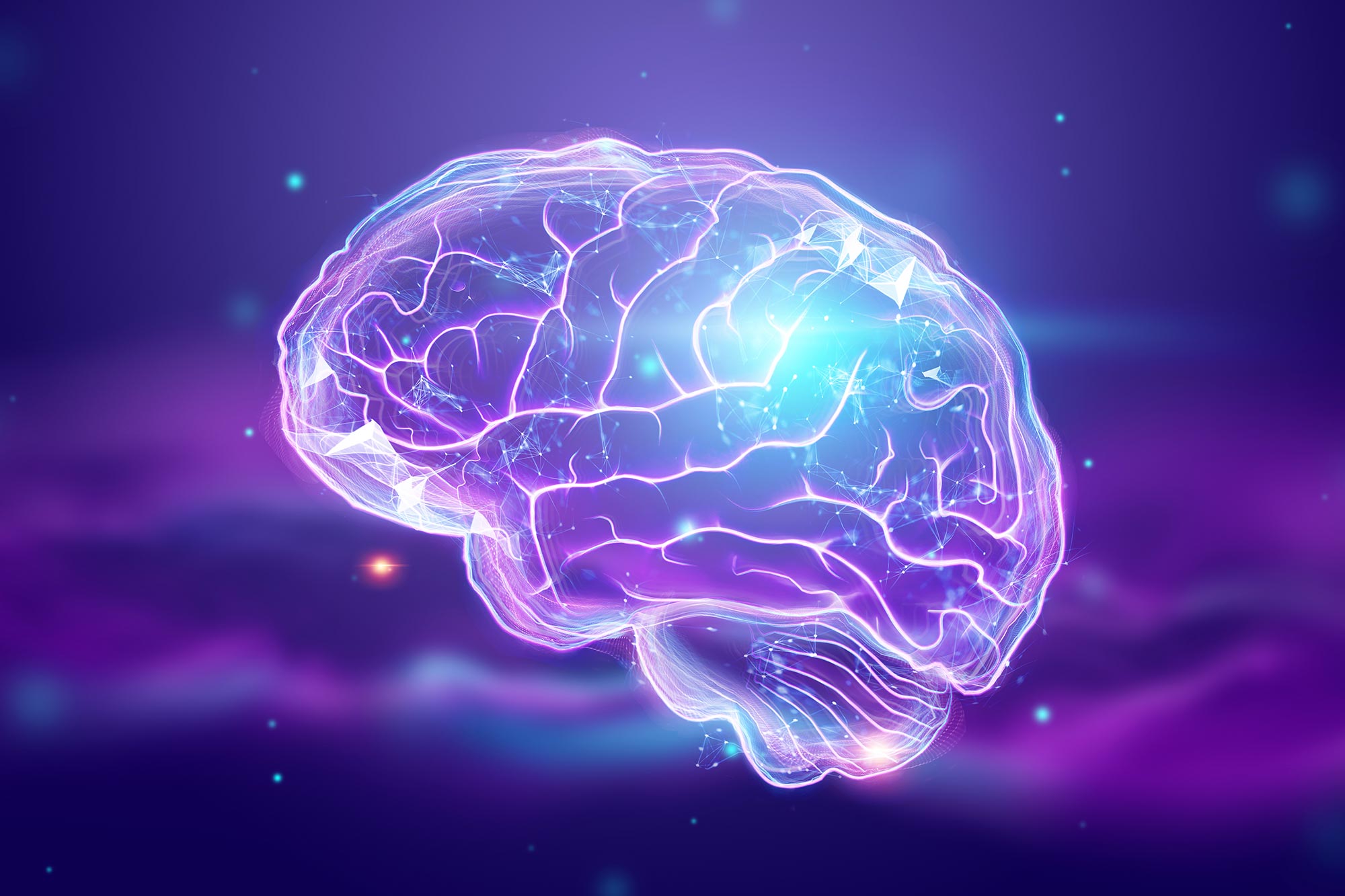
O exercício pode melhorar diretamente a saúde do cérebro, promovendo o desenvolvimento de neurônios no hipocampo, com os astrócitos desempenhando um papel importante na mediação dos efeitos. Esta pesquisa pode levar a terapias baseadas em exercícios para distúrbios cognitivos, como a doença de Alzheimer.
Estudar os sinais químicos gerados pela contração das células musculares aponta para maneiras de melhorar a saúde do cérebro por meio do exercício.
Os pesquisadores de Beckman estudaram como os sinais químicos dos músculos em contração promovem cérebros saudáveis. Suas descobertas revelam como esses sinais ajudam no desenvolvimento e na regulação de novas redes cerebrais, ao mesmo tempo em que apontam maneiras de melhorar a saúde do cérebro por meio do exercício.
A atividade física é frequentemente citada como uma forma de melhorar a saúde física e mental. Pesquisadores do Instituto Beckman de Ciência e Tecnologia Avançada mostraram que também pode melhorar a saúde do cérebro de forma mais direta. Eles estudaram como os sinais químicos do exercício muscular promovem o crescimento de neurônios no cérebro.
Seu trabalho foi publicado na revista Neurologia.
Quando os músculos se contraem durante o exercício, como o bíceps de um levantamento de peso pesado, eles liberam uma variedade de compostos na corrente sanguínea. Esses compostos podem viajar para diferentes partes do corpo, incluindo o cérebro. Os pesquisadores estavam particularmente interessados em como o exercício pode beneficiar uma parte específica do cérebro chamada hipocampo.
“O hipocampo é uma região importante para o aprendizado e a memória e, portanto, para a saúde cognitiva”, disse Ki Yun Lee, Ph.D. estudante em ciências mecânicas e engenharia na Universidade de Illinois, Urbana-Champaign, e principal autor do estudo. Assim, entender como o exercício beneficia o hipocampo pode levar a terapias baseadas em exercícios para uma variedade de condições, incluindo[{” attribute=””>Alzheimer’s disease.

Hippocampal neurons (yellow) surrounded by astrocytes (green) in a cell culture from the study. Image provided by the authors. Credit: Image provided by the study authors: Taher Saif, Justin Rhodes, and Ki Yun Lee
To isolate the chemicals released by contracting muscles and test them on hippocampal neurons, the researchers collected small muscle cell samples from mice and grew them in cell culture dishes in the lab. When the muscle cells matured, they began to contract on their own, releasing their chemical signals into the cell culture.
The research team added the culture, which now contained the chemical signals from the mature muscle cells, to another culture containing hippocampal neurons and other support cells known as astrocytes. Using several measures, including immunofluorescent and calcium imaging to track cell growth and multi-electrode arrays to record neuronal electrical activity, they examined how exposure to these chemical signals affected the hippocampal cells.
The results were striking. Exposure to the chemical signals from contracting muscle cells caused hippocampal neurons to generate larger and more frequent electrical signals — a sign of robust growth and health. Within a few days, the neurons started firing these electrical signals more synchronously, suggesting that the neurons were forming a more mature network together and mimicking the organization of neurons in the brain.
However, the researchers still had questions about how these chemical signals led to growth and development of hippocampal neurons. To uncover more of the pathway linking exercise to better brain health, they next focused on the role of astrocytes in mediating this relationship.
“Astrocytes are the first responders in the brain before the compounds from muscles reach the neurons,” Lee said. Perhaps, then, they played a role in helping neurons respond to these signals.
The researchers found that removing astrocytes from the cell cultures caused the neurons to fire even more electrical signals, suggesting that without the astrocytes, the neurons continued to grow — perhaps to a point where they might become unmanageable.
“Astrocytes play a critical role in mediating the effects of exercise,” Lee said. “By regulating neuronal activity and preventing hyperexcitability of neurons, astrocytes contribute to the balance necessary for optimal brain function.”
Understanding the chemical pathway between muscle contraction and the growth and regulation of hippocampal neurons is just the first step in understanding how exercise helps improve brain health.
“Ultimately, our research may contribute to the development of more effective exercise regimens for cognitive disorders such as Alzheimer’s disease,” Lee said.
Reference: “Astrocyte-mediated Transduction of Muscle Fiber Contractions Synchronizes Hippocampal Neuronal Network Development” by Ki Yun Lee, Justin S. Rhodes and M. Taher A. Saif, 2 February 2023, Neuroscience.
DOI: 10.1016/j.neuroscience.2023.01.028
In addition to Lee, the team also included Beckman faculty members Justin Rhodes, a professor of psychology; and Taher Saif, a professor of mechanical science and engineering and bioengineering.
Funding: NIH/National Institutes of Health, National Science Foundation

“Criador. Viciado em mídia social que gosta de hipster. Fã da web. Fanático por álcool apaixonado.”











More Stories
A Boeing pode não conseguir operar o veículo Starliner antes que a estação espacial seja destruída
Vivendo com ansiedade: conselhos de especialistas sobre como aceitar um problema de saúde mental
Nova pesquisa sobre uma enorme falha de impulso sugere que o próximo grande terremoto pode ser iminente